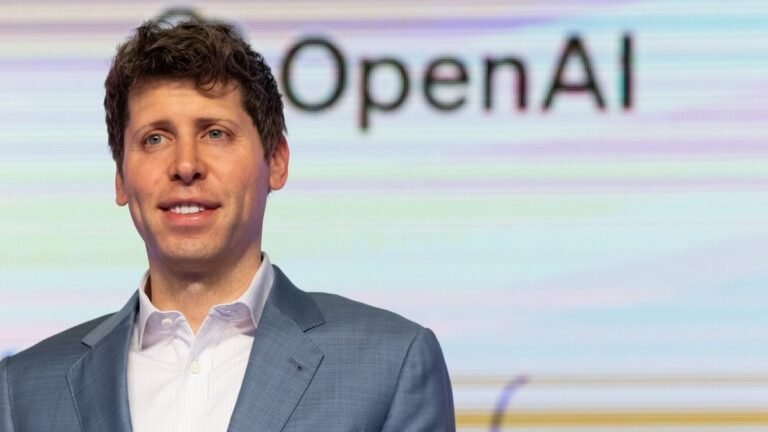ChatGPT creator, OpenAI, with its first developer conference, has signalled its expansion into the consumer market, with CEO, Sam Altman, sharing updates allowing users to access custom-made AI “apps” designed to assist with various tasks.
With this move, the company aims to make the most of ChatGPT’s immense popularity, with the chatbot now boasting 100 million weekly active users since its launch in November last year.
OpenAI calls these customized AI apps “GPTs,” representing early versions of AI assistants capable of real-world tasks, including flight bookings on behalf of users. Later this month, OpenAI plans to introduce the GPT Store, a platform where users can share their GPTs and earn compensation based on the number of users employing their AI creations. This initiative marks a renewed effort following the company’s earlier attempts to establish a ChatGPT plugin ecosystem.
During his keynote speech at the developer conference held in San Francisco event, Altman expressed the vision that users would simply ask the computer for assistance with tasks, and the AI would perform these tasks seamlessly. He also spoke on the importance of a gradual and iterative deployment strategy to address the safety challenges of AI and navigate the path forward carefully.
In addition to the introduction of GPTs and the marketplace, OpenAI unveiled several developer-focused updates. Among these updates, OpenAI presented the GPT-4 Turbo model, which offers significant cost savings compared to its predecessor, GPT-4, while capable of processing considerably more data.
Reuters reports that OpenAI also introduced assistant application programming interfaces (APIs) featuring vision and image modalities. The company initiated a beta program to allow developers to fine-tune GPT-4 models to cater to specific requirements.
The conference drew considerable attention from the AI community, with developers who were already using OpenAI’s technology making an appearance. The event was also live streamed on YouTube, with over 40,000 viewers tuning in to Altman’s speech.
Cautioning Startups and Competition with Rival AI Models
Altman cautioned startups using OpenAI’s technology against developing applications with only simple integrations with the platform. He stressed the value of building deeper integrations on top of OpenAI’s offerings.
The 38-year-old envisions a future where individuals would have access to multiple GPTs working together to accomplish tasks on their behalf. This vison reflects OpenAI’s mission to promote the development of AI models that can compete with those of Anthropic, Google, and open-source models such as Meta Platforms’ Llama. OpenAI’s plans would place it in competition with established enterprises like Microsoft.
Microsoft is among OpenAI’s largest investors, having invested over $10 billion in the company. Speaking at the conference, CEO of Microsoft, Satya Nadella, echoed Microsoft’s commitment to supporting the development of foundation models and providing the necessary resources for builders to advance on the frontier of AI.
OpenAI’s marketplace and developer-focused updates signal the company’s intent to further its influence in the AI landscape, enabling users to access personalized AI solutions for an array of tasks, while also strengthening its position in the highly competitive AI industry.




